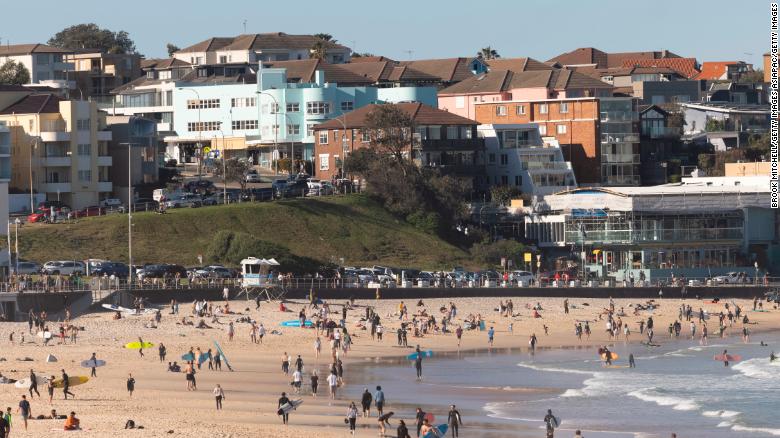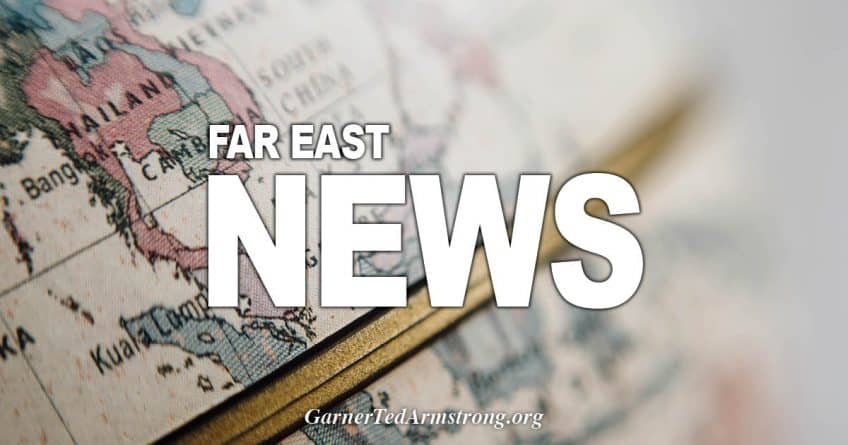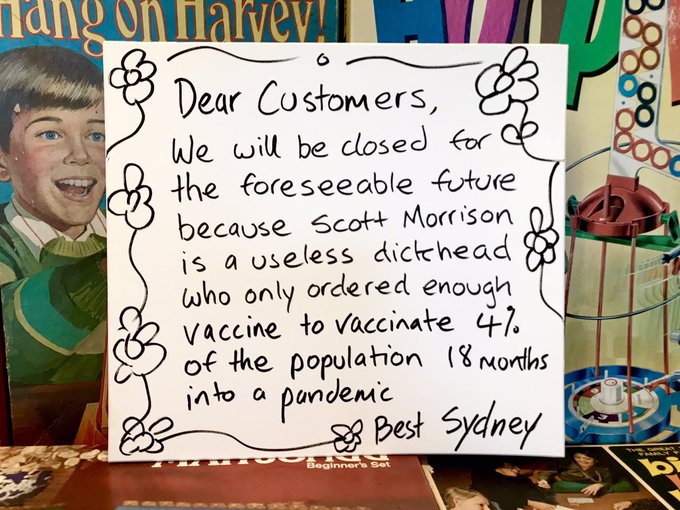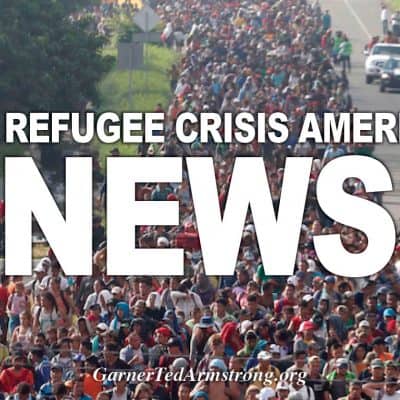Even New Zealand — the only country with which Australians had an open travel corridor — announced a three-day suspension of quarantine-free travel between the nations starting Saturday because of the outbreaks.
Australia has fully vaccinated just over 4% of its population, compared with more than 46% in the US and 47% in the UK, according to Our World in Data. Its rates are more comparable with Indonesia and India, which, like much of the developing world, were left out of the agreements with pharmaceutical companies that secured hundreds of millions of vaccine doses for most of the rich world.
Compounding the problem is hesitancy towards Covid-19 vaccines in Australia. One survey by The Sydney Morning Herald and The Age,
with research firm Resolve Strategic, found 15% of adults surveyed were “not at all likely” and 14% were “not very likely” to take a vaccination in the months ahead. The survey was taken after an April ruling that the Oxford-AstraZeneca vaccine was linked to a very rare blood disorder side effect, involving blood clots.
Australian officials have said they hope to reach herd immunity — the point at which about 80% of the population is vaccinated — before reopening its borders. Prime Minister Morrison earlier said that may not be until mid-2022. More recently, he was even
unable to commit to a Christmas 2022 reopening.
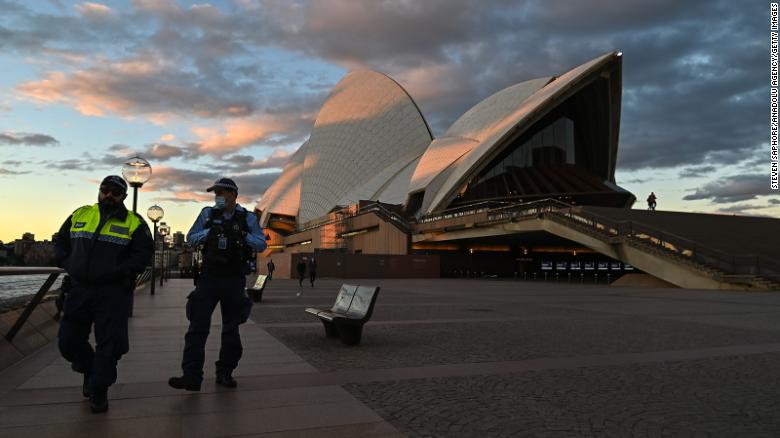
Police officers walk past the Sydney Opera House during the first day of lockdown on Saturday.
In a question to the Prime Minister, journalists on Channel 9’s Today program on Thursday suggested that Morrison and his slow vaccine rollout were responsible for the ongoing lockdowns.
Morrison replied by saying an increase in supply “will really kick in next month in July,” and that 600,000 Pfizer doses were due in next week.
“The challenge we’ve had, of course, has been with AstraZeneca. I mean, the medical advice has restricted its availability to those over 60, and prior to that over 50. Now, that was a big shock to the rollout and they are events outside of the government’s control,” he said, adding there were new supply arrangements with AstraZeneca, Pfizer, and Moderna.
“So, we’ll keep working towards that goal, by the end of the year, of offering that vaccine to everybody who would want one and there will be an escalating ramp-up as we move through the second half of the year,” he said.
Can’t get in, can’t get out
The government has also been criticized for leaving about 36,000 Australians stranded overseas. Caps on arrivals to the country have made booking seats on flights difficult and expensive, and the cost of quarantine is in the thousands of dollars. It’s the responsibility of the person arriving to foot the bill.
It’s just as hard for some living in Australia to get out. If someone from overseas has Australian citizenship or permanent residence, they need a government exemption to leave the country.
The result is not just holidays lost, but lost time with family and friends.
At the last census in 2016, around half the people living in Australia were either born abroad or
had at least one parent born overseas.
One Brisbane resident from Canada, who is working in a hospital in health care, is hoping a speedier vaccine program will mean fewer border controls and, hopefully, a trip back home.
“I’m originally from Canada, and don’t know when I will see my family again. Honestly, I think at least 2 years,” the health care worker wrote in a message to CNN.
“We’re so frustrated! The vaccination process is ridiculous. I’m a health care worker in the top list of people and there was so much confusion. We were told to email and that we’d be contacted when our appointment was … then we’re told just to show up because that program was actually not recording anything,” she said.
“It’s still only open to [people age] 50+ even though spreaders are averaging 20-30 years of age. We’re sick of lockdowns, knowing the vaccine is out there.”
And for some residents with strong ties abroad, there are more serious implications to this global isolation.
Katerina Vavrinec, a 34-year-old from the Czech Republic living in Sydney, said she has sought counseling for mental health issues arising from the separation from her friends and family, and the anxiety that has come with it. She hasn’t been to her home city of Prague for three years.
“Keeping borders shut is going to have a huge impact on people’s mental health,” she said, pointing to the high number of Australians with family ties overseas. “So this is going to have huge impact on the mental health of millions of people.”
Vavrinec is on maternity leave and due to return to work in just over a week, though she’s not sure what that will look like in lockdown. But she’s found a silver lining.
“I’m actually quite happy that we’re in lockdown because I’ve been quite frustrated with the indefinite border closures. So I’m hoping that the lockdown forces people to realize that completely isolating Australia from rest of the world is not going to get us out of this.”
Source: https://www.cnn.com/2021/06/27/australia/sydney-lockdown-australia-covid-pandemic-intl-cmd/index.html
[
Disclaimer]
